Eating Disorders
Posts filed under:
Stress has a sneaky way of shifting our appetite.
Maybe you notice that during busy or emotionally heavy seasons, food feels unappealing. Or maybe stress makes your hunger feel louder, more urgent, or harder to satisfy. For some people, appetite disappears entirely. For others, it becomes unpredictable.
If this sounds familiar, you’re not broken, and you are definitely not doing anything wrong.
Let’s talk about why stress affects appetite, and how to care for yourself gently and realistically when it does.
Why Stress Impacts Appetite (It’s Not a Personal Failure)
When your body is under stress (from work, relationships, finances, health concerns, or emotional load) it shifts into survival mode.
Hormones that rise during stressful times like cortisol and adrenaline can:
- Suppress hunger cues
- Delay digestion
- Make food feel less appealing
- Or, for some people, increase cravings for quick energy and comfort
Despite what you hear online, it’s okay for these hormones to rise, and the rise in cortisol and adrenaline are meant to help us survive stressful situations. Your body is trying to protect you, even if the outcome feels frustrating or confusing.
Release the Pressure Around “Normal” Eating
One of the hardest parts of stress-related appetite changes is the self-judgment that comes with it.
You might catch yourself thinking:
- “I should be eating more/less/this/that.”
- “Why can’t I just eat normally?”
- “Other people seem to handle this better than I do.”
This pressure often makes things worse.
Instead, try reframing:
“My body is responding to stress. My job is to support it, not force it.”
Gentle Ways to Nourish Yourself When Appetite Is Low
When food feels hard, the goal isn’t perfect meals. It’s adequate, compassionate nourishment.
Here are some realistic strategies that many people find helpful:
1. Think “Low Effort, High Support”
Choose foods that require minimal decision-making and preparation:
- Smoothies or drinkable nutrition
- Soups, broths, or stews
- Yogurt, pudding, or applesauce
- Toast, crackers, or bagels
These foods are often easier to tolerate when appetite is low.
2. Eat Small Amounts, More Often
If a full meal feels overwhelming, that’s okay.
Small, consistent snacks still count, and they still support your body.
3. Pair Eating With Comfort
Sometimes appetite improves when eating feels safer or more pleasant.
Try:
- Eating with someone else
- Watching a familiar show
- Sitting somewhere calm and comfortable
Reducing stress around the eating experience itself can make a big difference.
When Stress Increases Appetite or Cravings
For others, stress has the opposite effect. Hunger feels louder, more urgent, or harder to satisfy. It doesn’t mean anything is “wrong” with you.
Often, it means:
- Your body is seeking quick energy
- Your nervous system is asking for comfort
- You’ve been under-fueling earlier in the day
Try responding with curiosity instead of restriction.
Ask yourself:
- Have I eaten enough today?
- Am I getting enough carbs, fats, and protein?
- What would actually feel satisfying right now?
Honoring hunger during stress can prevent cycles of guilt and rebound eating later.
Nourishment Goes Beyond Food
During stressful seasons, nourishment isn’t just about what’s on your plate.
Support can also look like:
- Extra rest or earlier bedtimes
- Fewer expectations around productivity
- Gentle movement instead of intense workouts
- Letting meals be “good enough”
Caring for yourself as a whole person often helps appetite regulate naturally over time.
When to Seek Extra Support
If stress-related appetite changes feel persistent, distressing, or are connected to past disordered eating patterns, you don’t have to navigate that alone.
Working with a non-diet, weight-inclusive dietitian can help you:
- Understand what your body is communicating
- Create realistic nutrition strategies during stress
- Rebuild trust with hunger and fullness cues
- Reduce guilt and food-related anxiety
You’re Not Failing, You’re Responding
Stress changes appetite because bodies are responsive, adaptive, and protective.
If you’re feeling stuck, overwhelmed, or unsure how to care for yourself when stress affects food, support is available.
👉 Tap Into Nutrition offers free 15-minute discovery calls to explore whether working together feels like a good fit.
This is a no-pressure conversation, just a space to ask questions and get support.
Your body isn’t asking for perfection.
It’s asking for kindness.

An excerpt of your post will show up here. Wow! Inhale upward-facing dog balance exhale. The light within me create space stillness balance, ardha chandrasana feel the earth beneath you flow yoga nidra.
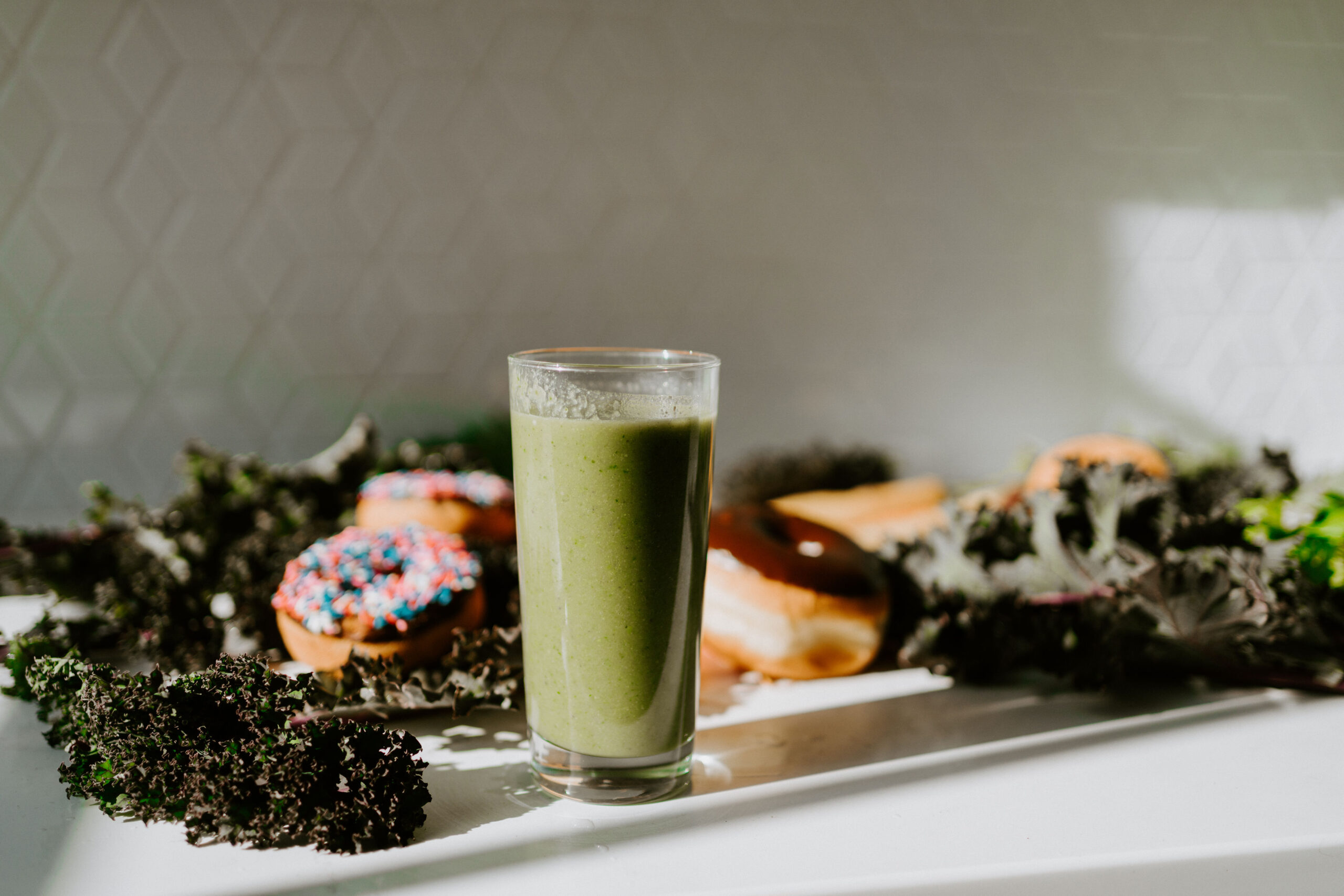
And excerpt of your post will show up here. Wow! Inhale upward-facing dog balance exhale. The light within me create space stillness balance, ardha chandrasana feel the earth beneath you flow yoga nidra.
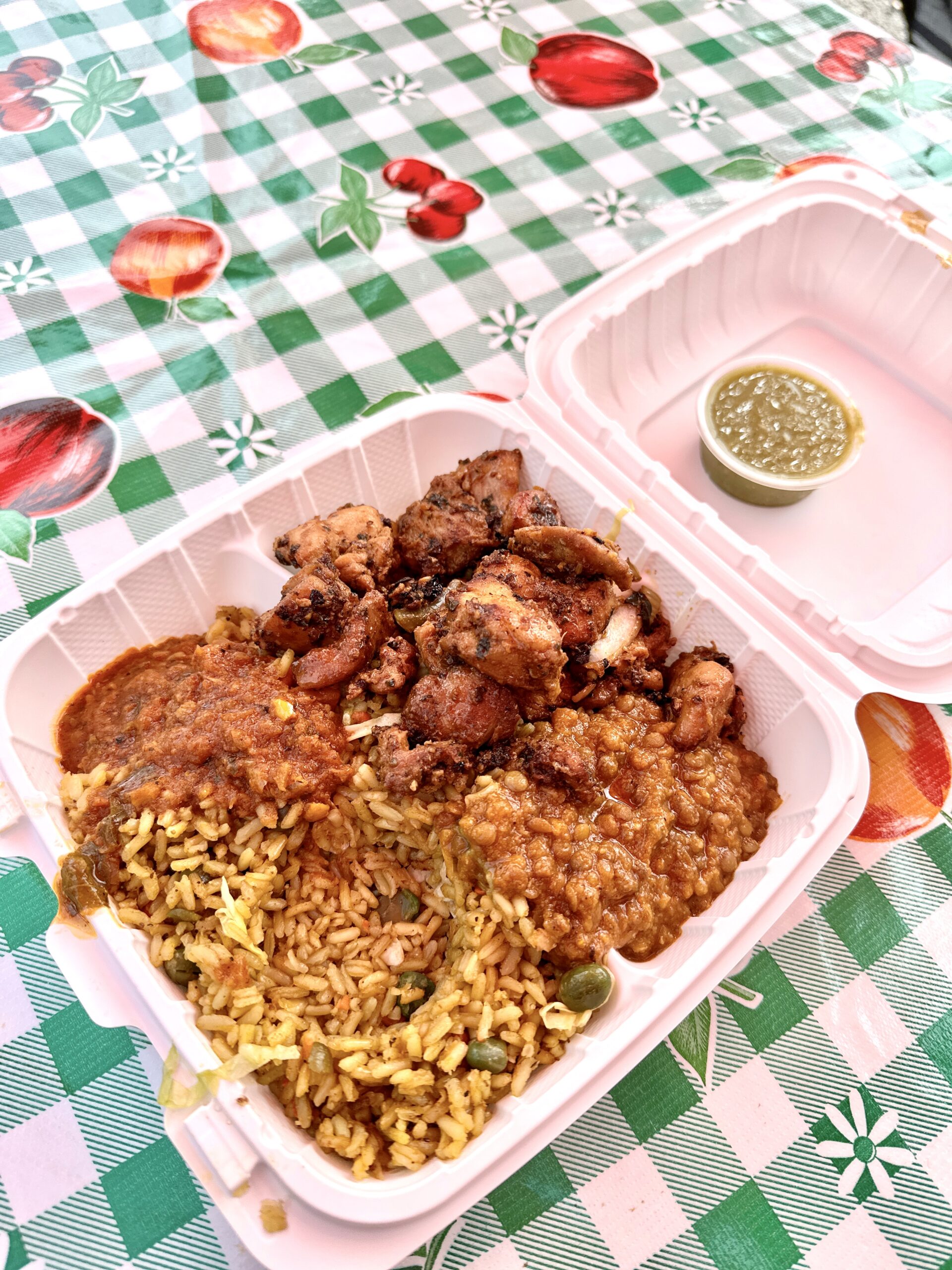
Starting your journey towards a healthier relationship with food and your body can feel overwhelming. So…we’re excited to offer a free discovery call to help you take the first step! We are here to support you, whether you’re looking to improve your relationship with food or seeking support in your recovery from an eating disorder.
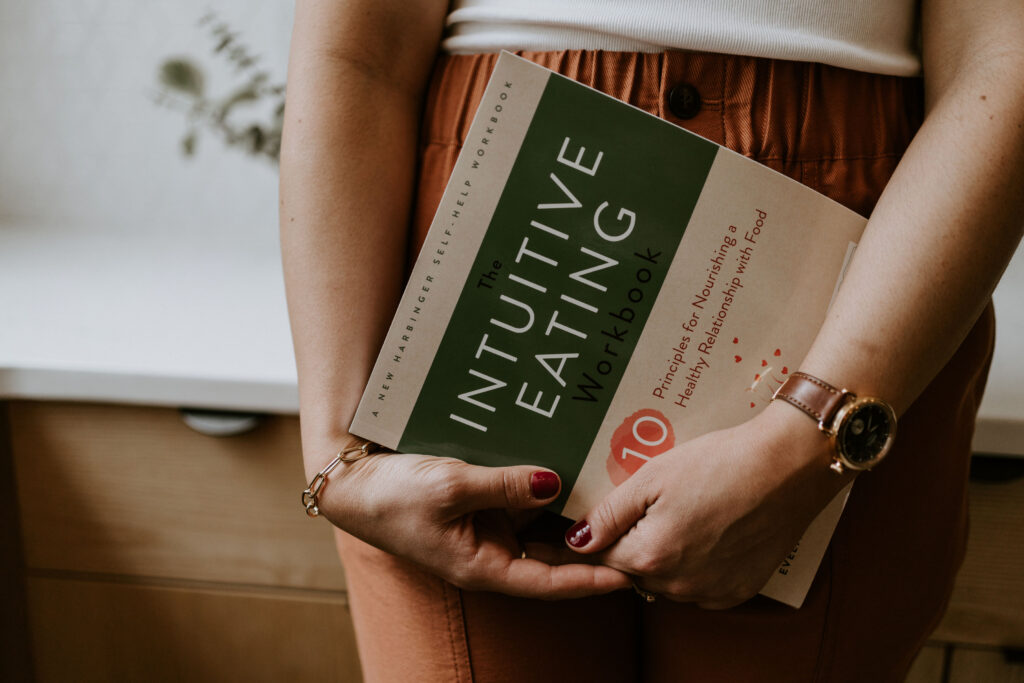
What is a Discovery Call?
A discovery call is a free, no-obligation phone call to give you an opportunity to:
- Ask Questions: Learn more about our services and approach.
- Share Your Story: Briefly discuss your goals and challenges.
- Get to Know Us: Understand how we can support your unique journey towards health and well-being.
How to Book Your Free Discovery Call
Booking your discovery call with Tap Into Nutrition is simple and quick. Follow these easy steps:
- Visit Our Website: Head to our booking page to schedule your free discovery call.
- Choose a Time: Select a time that works best for you from our available slots.
- Confirmation: You’ll receive a confirmation email with details about your scheduled call.
What to Expect During the Call
Here’s a brief overview of what we’ll cover:
- Introduction: We’ll introduce ourselves and explain our approach at Tap Into Nutrition.
- Your Story: You’ll have the opportunity to share your experiences, goals, and any concerns you may have.
- Our Services: We’ll provide an overview of our services and how they align with your goals.
- Next Steps: If you feel that Tap Into Nutrition is a good fit for you, we’ll discuss the next steps and how to move forward with booking a full consultation.
Can’t wait to meet you!
Whether you’re looking to break free from the cycle of dieting, recover from an eating disorder, or simply improve your nutritional health, we’re here to support you.
Contact Us
Ready to take the next step? Visit our booking page to schedule your free discovery call with Tap Into Nutrition. We look forward to connecting with you!
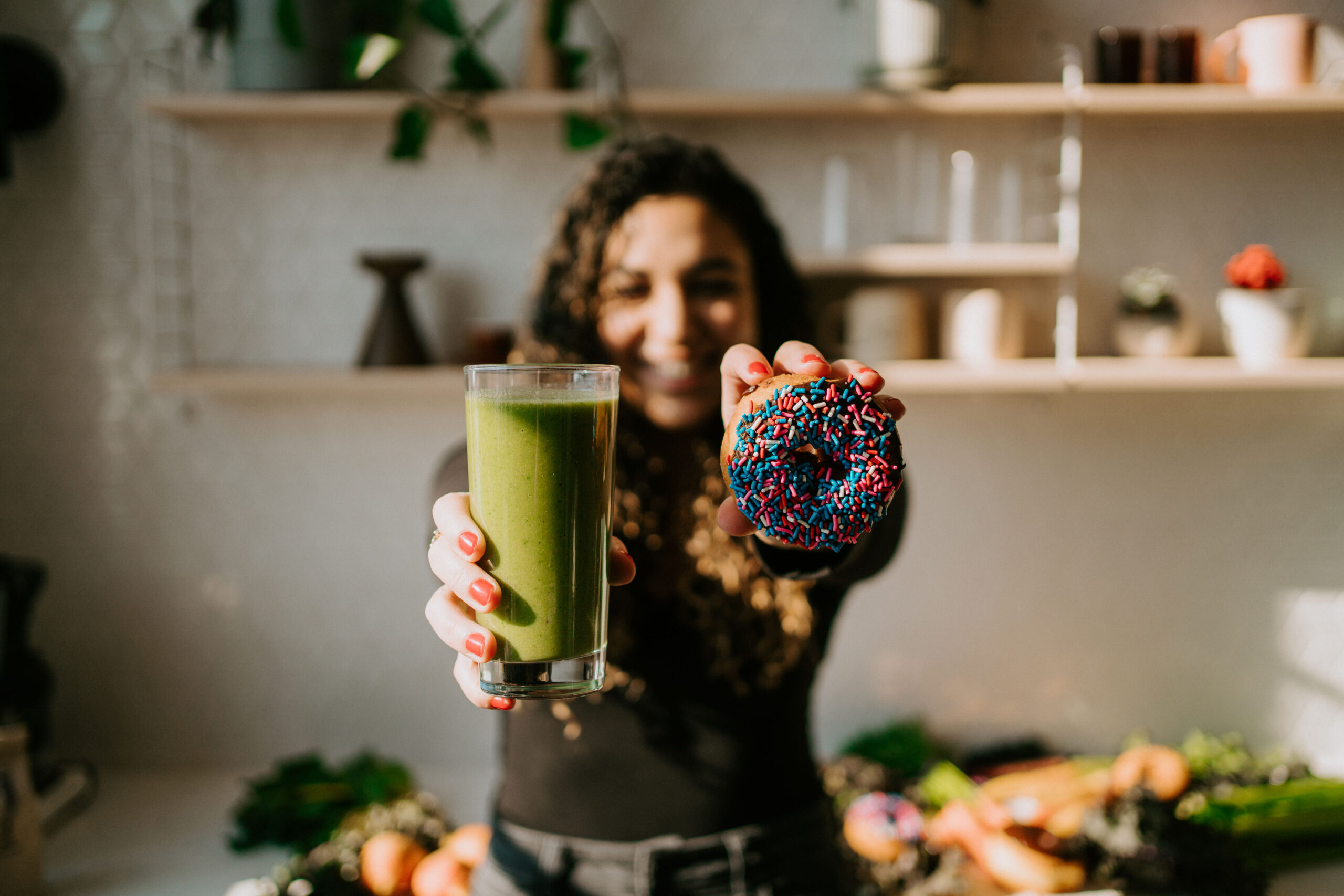
An excerpt of your post will show up here. Wow! Inhale upward-facing dog balance exhale. The light within me create space stillness balance, ardha chandrasana feel the earth beneath you flow yoga nidra.
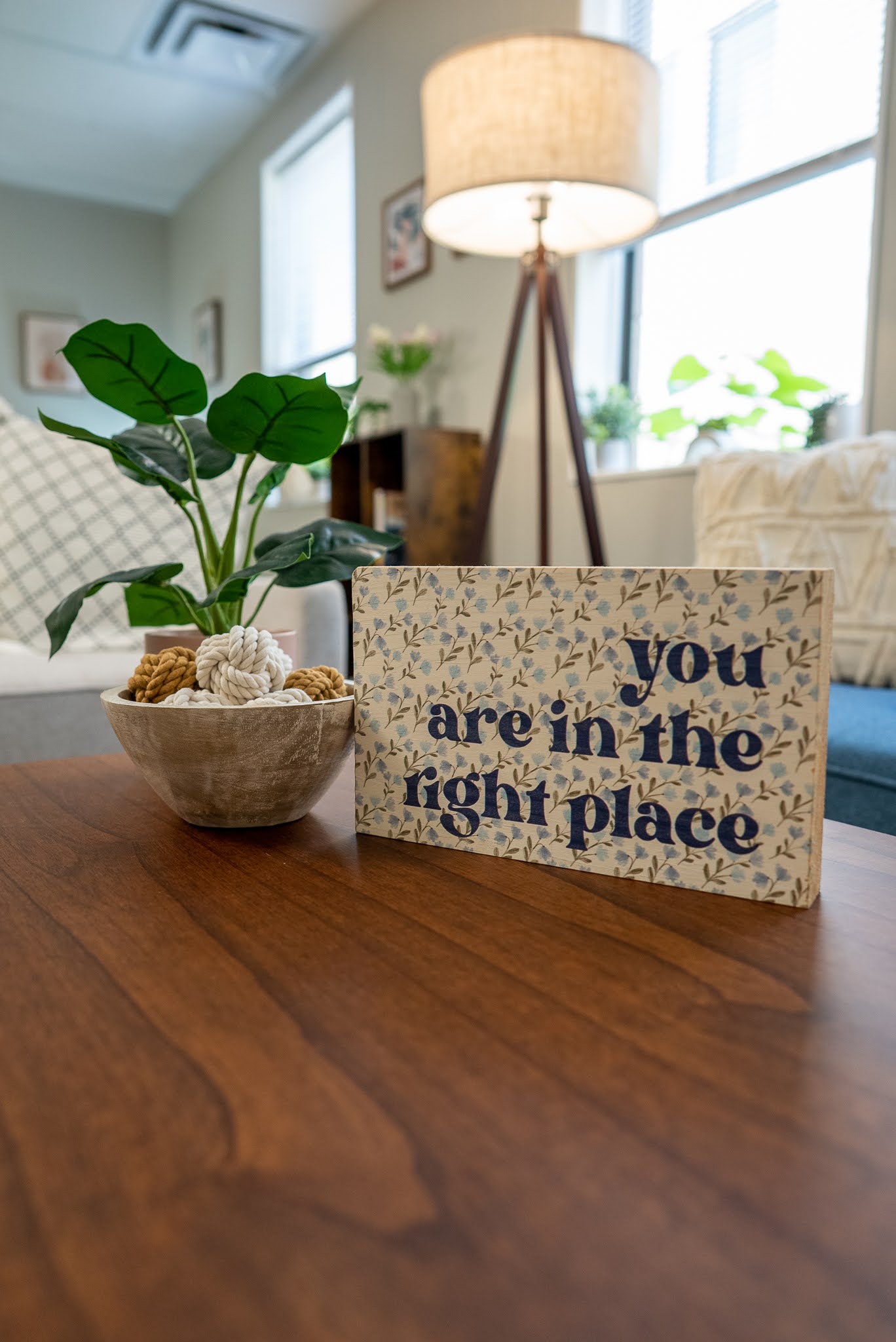
And excerpt of your post will show up here. Wow! Inhale upward-facing dog balance exhale. The light within me create space stillness balance, ardha chandrasana feel the earth beneath you flow yoga nidra.
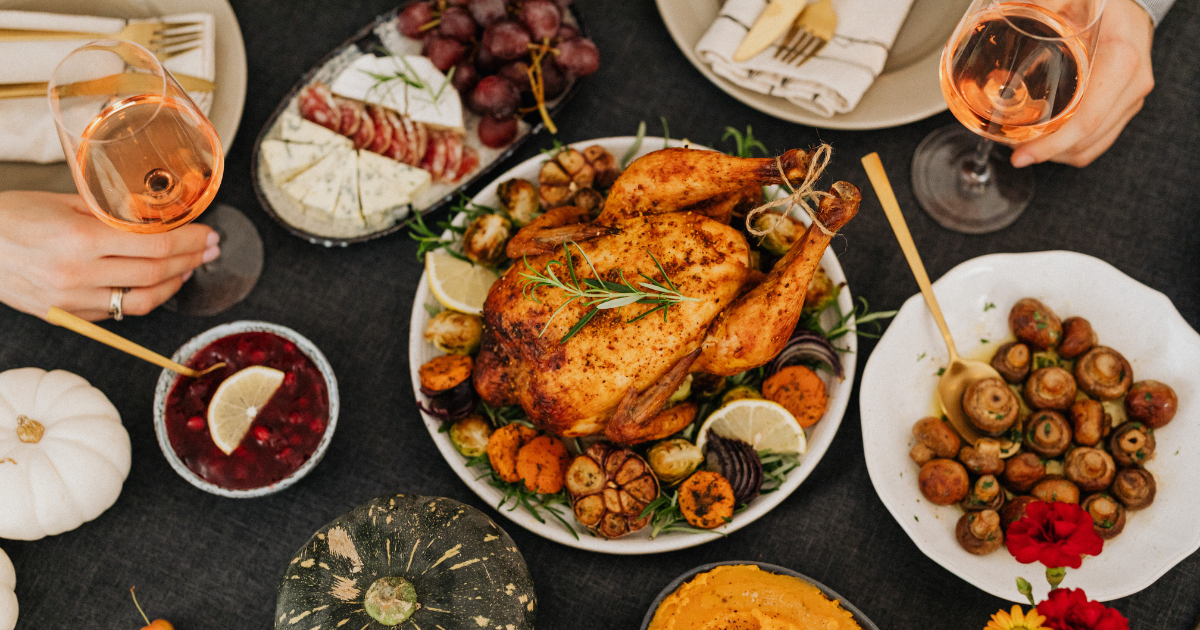
Eating disorder recovery is not easy. It demands resilience, vulnerability, and self-compassion. You’re in charge of your recovery. However, remember that seeking support in eating disorder recovery is a strength, not a weakness.
Why it Matters
Asking for support in eating disorder recovery allows room for you to be human. Recovery can get really difficult and feel long. Part of getting back up after a setback, continuing on when you’re not sure anymore, and celebrating the wins is having a circle you trust. Your circle might include friends, family, dietitians, therapists, support groups, teachers, or other trusted individuals. They offer empathy and remind you that you’re not alone.
What to Consider
- Honesty: Those who love and support you can only help if you’re being real with them. Eating disorder thrive in secrecy, but you can thrive by speaking your truth. Find people who you trust to listen to your honest feelings and thoughts without judgement.
- Boundaries: Friends and family may want the best for you, but may not always be the best choice for professional advice. They may also not always be prepared for some really heavy conversations or may be working through their own issues and problems. Check in and ask before sharing and also lean on professional help when it’s appropriate.
- Be brave: It can be really difficult to share emotions and feel very vulnerable. It can also be terrifying to face all of the feelings that come up in recovery. Take a breath, and remember you can do it even if it’s scary.
What to Say

How to Deal with People Not Being Able to Support You
It’s important to acknowledge that not everyone may fully understand the complexities of eating disorders or be equipped to offer the support you need at the time you need it. If this happens, remember to practice self-compassion. It’s okay to have limitations, and it doesn’t diminish your worth. It’s also an opportunity to explore alternative sources of support. This could include reaching out to a mentor, participating in a support group, or engaging in creative outlets.

If you need more support in eating disorder recovery…
We are here for you! You can book a free discovery call with us here or reach out for more information here.
Eating disorder recovery can feel really isolating at times, but remember you’re not alone in this 💕
